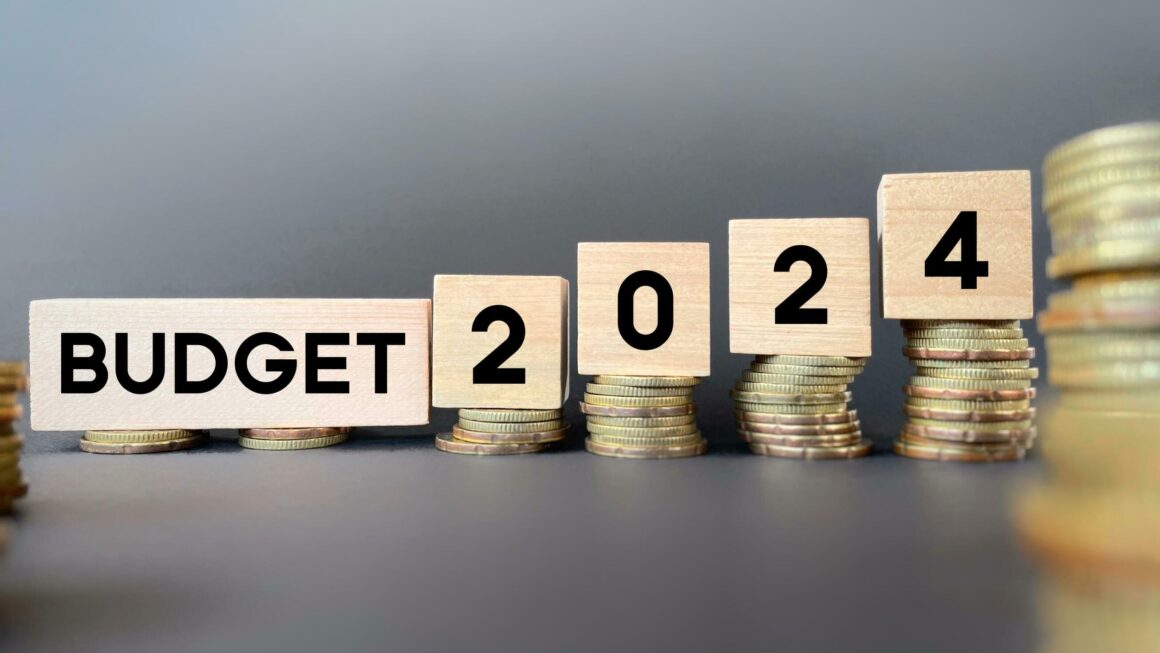Ever since the NDA-led government released the 2024 budget, there’s been a rising tide of discontent, even among staunch supporters—myself included. A considerable portion of the population, those earning less than 7.5 lakhs annually, seem especially vocal. They don’t pay income tax or fall within the slab changes, so their grievances puzzle me a bit. As they say in colloquial Hindi, “Bhai, kis baat ki chull hai?” If it doesn’t directly impact them, why the uproar?
Living in Chandigarh as a tech professional with over 15 years of experience, I’ve witnessed firsthand the struggles of maintaining a decent lifestyle. With two kids, a single income, a home loan EMI, and the hope of saving something—albeit taxable—the dream of indulgence like a new smartphone remains just that, a dream. My current phone, aging at five years, stands testament to the fact that “kuch bachta hi nahi”—nothing is left to save after all the expenses.
Turning to the previous administrations, particularly under the UPA government, the landscape was markedly different and, arguably, more challenging for the middle class. The tenure was marred by significant financial scams and controversial policies that seemed to prioritize short-term political gains over long-term economic stability. Scandals like the 2G spectrum scam, which reportedly caused a loss of around ₹1.76 lakh crore, and the Commonwealth Games scam, are stark reminders of a governance model that many felt was riddled with corruption and inefficiency.
While the opposition, notably the INDIA alliance, criticizes the current government, accusing it of neglect and corruption, they seem to forget their past actions which, from my viewpoint, involved greater financial indiscretions. Despite its flaws, the current administration at least appears to be making efforts to uplift the so-called “poor.” But amidst these classifications, I sometimes feel just as impoverished, unable to afford simple luxuries despite years of hard work.
Support for Prime Minister Narendra Modi and his allied parties isn’t devoid of critique. During Modi’s tenure, India’s stature on the global stage has undoubtedly risen. Countries that previously overlooked us now engage with us, recognizing our potential—a scenario hard to imagine during the previous regimes.
However, as a part of what’s often dubbed the “upper middle class,” I feel our needs and contributions are overlooked. Paying upwards of 6 lakh rupees in taxes annually without seeing tangible benefits or reliefs feels unjust. It prompts a plea to the government: either broaden the tax base or provide substantial relief and recognition to dedicated taxpayers like us.
It’s a complex scenario, one where the budget not only dictates economics but also emotions and expectations. As we navigate this landscape, the hope remains for a more inclusive approach that recognizes and rewards the contributions of all economic segments, especially the taxed middle class, ensuring that we, too, can eventually upgrade from our five-year-old phones to something befitting our hard work and loyalty.

